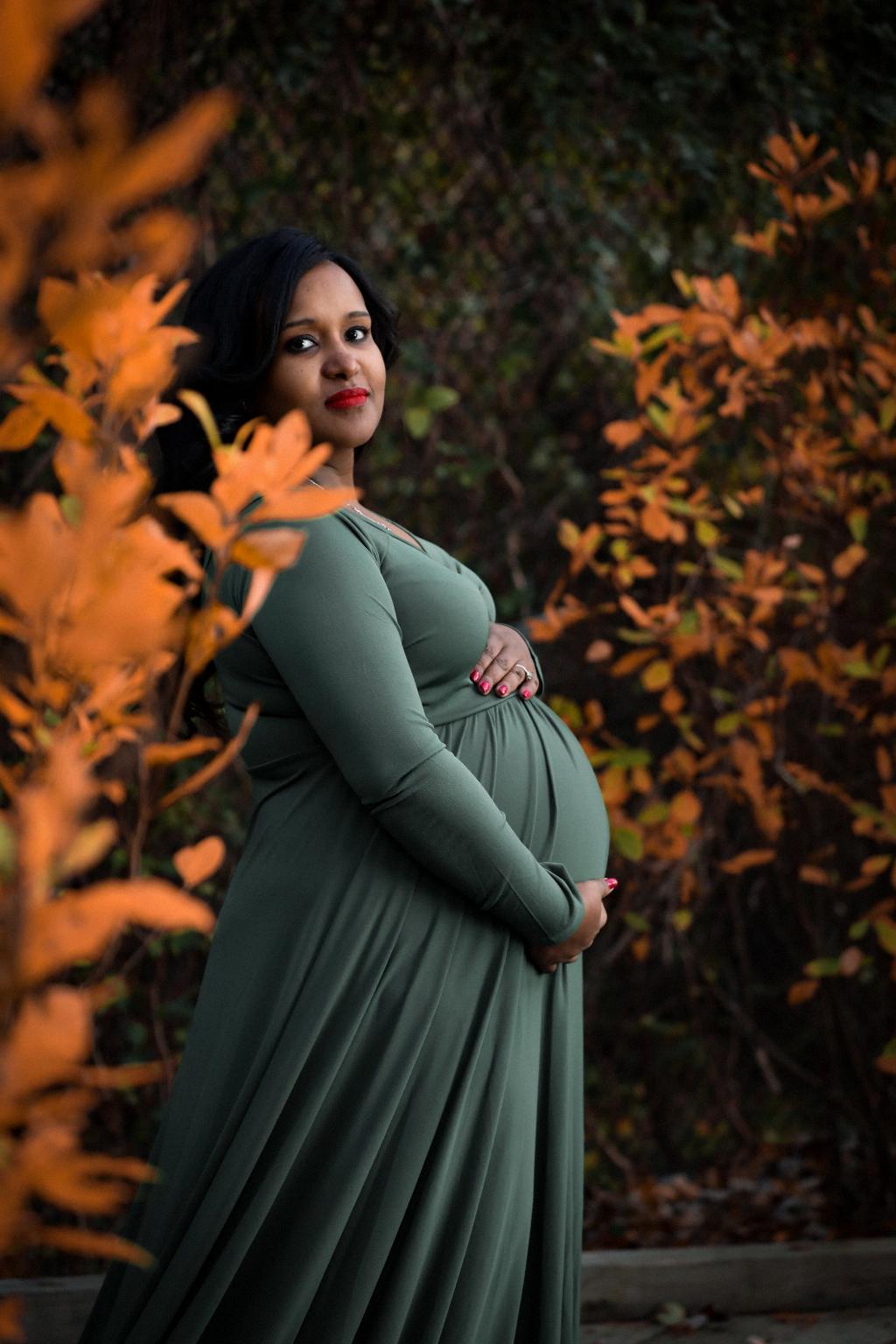Swelling is a common occurrence after a C-section, as the body undergoes significant changes during pregnancy and childbirth. It is normal to experience some level of swelling in the days and weeks following the procedure, as the body works to eliminate excess fluids and heal from the surgery.
Monitoring Swelling Levels
While some swelling is expected, it is important to monitor the level of swelling and any accompanying symptoms carefully. Tracking changes in swelling can help you distinguish between normal postoperative swelling and potentially concerning signs that may require medical attention.
Signs of Concern
If you notice a sudden increase in swelling after a C-section, especially if it is accompanied by right upper quadrant pain, headache, visual changes, or visual problems, it is essential to alert your healthcare provider promptly. These symptoms could indicate a more serious underlying issue that needs to be addressed immediately.
Importance of Communication
Effective communication with your healthcare provider is key in ensuring your well-being after a C-section. Do not hesitate to reach out if you have any concerns about swelling or other postoperative symptoms. Your provider is there to offer guidance and support during your recovery.
Postoperative Care
Following your C-section, it is crucial to follow your healthcare provider’s instructions regarding postoperative care. Engaging in gentle movement, staying hydrated, and getting adequate rest can aid in reducing swelling and promoting a smooth recovery process.
Self-Care Measures
In addition to following medical advice, there are self-care measures you can implement to manage swelling after a C-section. Elevating your legs, wearing compression garments as recommended, and avoiding prolonged sitting or standing can help alleviate swelling and improve circulation.
Healthy Lifestyle Choices
Adopting a healthy lifestyle that includes a balanced diet and regular exercise can also contribute to reducing swelling post-C-section. Eating nutritious foods, such as fruits and vegetables, and engaging in light physical activity when approved by your provider can support your body’s healing process.
Long-Term Considerations
While swelling is common in the immediate aftermath of a C-section, it is essential to monitor your recovery progress over the long term. Persistent or worsening swelling beyond the initial healing period may warrant further evaluation to address any underlying concerns effectively.
Emotional Well-Being
Recovering from a C-section involves not only physical well-being but also emotional well-being. It is normal to experience a range of emotions during this time, and seeking support from loved ones or a mental health professional can be beneficial in managing any stress or anxiety related to postoperative symptoms.
Recognizing Your Limits
Listen to your body and recognize your limits as you recover from a C-section. Avoid pushing yourself too hard or engaging in strenuous activities that could exacerbate swelling or compromise your healing. Prioritize rest and relaxation to aid in your recovery journey.
Seeking Professional Guidance
If you have any doubts or questions regarding swelling after a C-section, do not hesitate to consult your healthcare provider for personalized advice. Your provider can assess your individual situation, address any concerns you may have, and recommend appropriate interventions to support your recovery.
Conclusion
In conclusion, while some degree of swelling after a C-section is normal, it is crucial to remain vigilant and attentive to any changes in swelling that may signal a need for medical attention. By staying informed, communicating effectively with your healthcare provider, and prioritizing self-care, you can navigate the recovery process with confidence and support your body’s healing journey.

